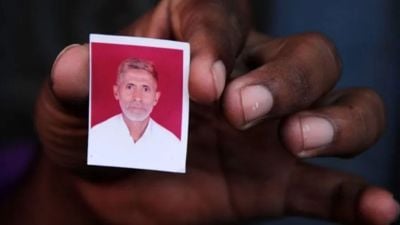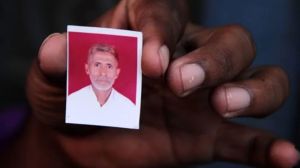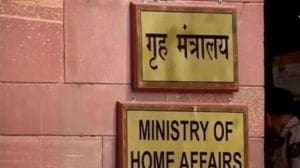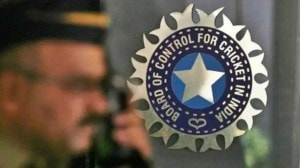A refuelling stopover becomes a formal visit by Ahmadinejad
It started off as a request by Iran for a refuelling stop for President Mahmoud Ahmadinejad's flight from Colombo...

It started off as a request by Iran for a refuelling stop for President Mahmoud Ahmadinejad8217;s flight from Colombo to Tehran. Seizing on the opportunity, India conveyed that it would be privileged to host the President in New Delhi, converting the technical stopover into a formal visit.
India on Monday officially announced Ahmadinejad8217;s visit, saying the head of state would be in New Delhi on April 29 on his way back to Tehran from a visit to Colombo. It is the first visit by Ahmadinejad to the region. Senior South Block officials said India is attaching great importance to the visit and high-level discussions would take place between the two sides, including on the deadlock over the gas pipeline link and the LPG price issue.
While the duration of the Iranian President8217;s stay has not been disclosed, he is scheduled to call on the President and will also be meeting the Prime Minister for 8220;discussions on issues of mutual interest8221;.
Besides bilateral talks, key issues relating to regional security, specially the situation in Afghanistan where India recently lost two BRO engineers to a suicide attack, are expected to come up during the talks.
Iran incidentally is a stakeholder in the Zaranj-Delaram road link that was being constructed by the BRO team that was targeted by the Taliban. Iran is working on the final stretch of the road that will connect Afghanistan to the upcoming Iranian Chahbahar deep sea port. While India has extended its willingness to help in the construction of the Chahbahar port, the proposal is caught in red tape due to internal laws in Iran regarding foreign investment. New Delhi will look at using Ahmadinejad8217;s visit to give a political push to the project.
Discussions on the matter will continue when External Affairs Minister Pranab Mukherjee visits Tehran for the India-Iran Joint Commission meet in July-August.
The last visit to India by an Iranian head of state took place in 2003, when Mohammad Khatami was invited as the chief guest at the Republic Day parade, but relations soured in 2005 after India voted for continued IAEA inspections of Iranian nuclear installations.
The decision, which had also fuelled domestic opposition, had prompted key Iranian officials to question the 8216;8216;special status8217;8217; being given to India by the US for the civilian nuclear deal. Iran, a signatory to the NPT, had accused the western world of double standards and said that it was being 8216;8216;targeted8217;8217;.
- 01
- 02
- 03
- 04
- 05































